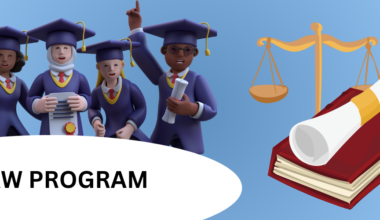“All human beings are born free & equal in dignity and rights” declares Article 1 of the Universal Declaration of Human Rights. The Universal Declaration was adopted by the General Assembly of the United Nations on 10 December 1948. Human Rights may be regarded as those fundamental and inalienable rights and also the natural rights which are essential for life as human beings.
Human Rights are derived from the principle of Natural Law. The importance of human rights education hardly requires any emphasis. It has a crucial role in preventing human rights violations from occurring.
Human Rights and Fundamental Freedoms allow us to fully develop and use our human qualities, our intelligence, our talents, and our conscience and to satisfy our physical, spiritual and other needs. It may be said that in India the gist of human rights education is not different to what was taught by way of religion as Hinduism, Buddhism, Christianity or Islam. Human Rights form a part of the Constitution of India. Human rights could bring the universal aspect to moral and ethical education.






